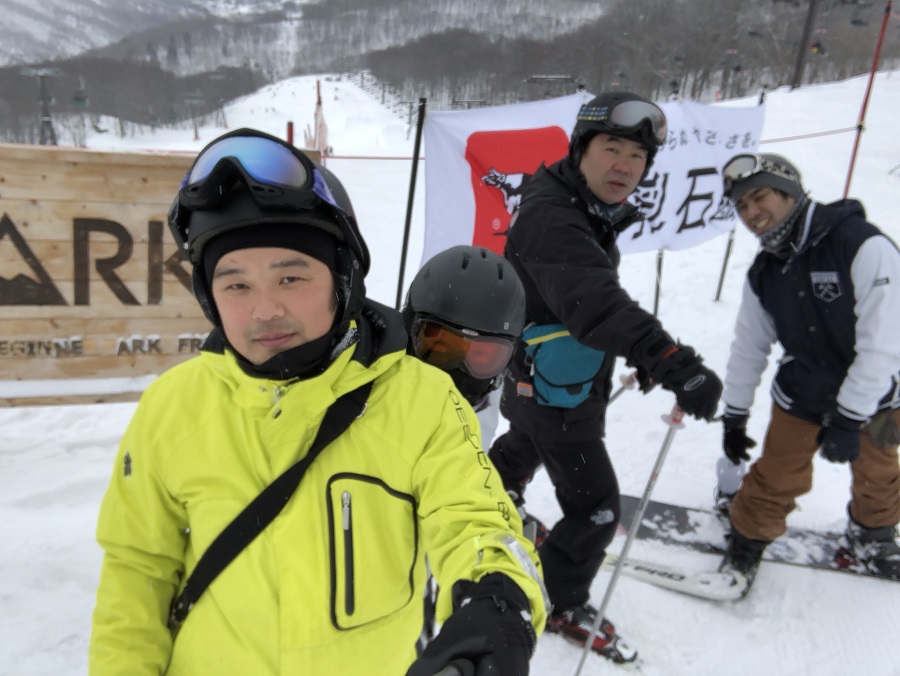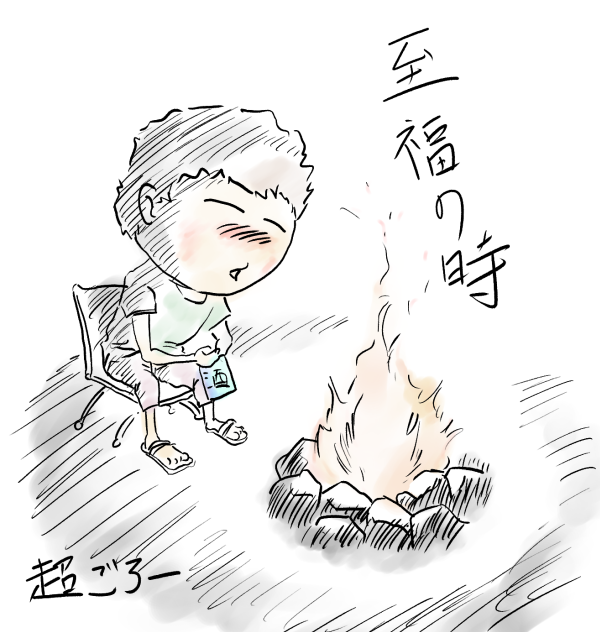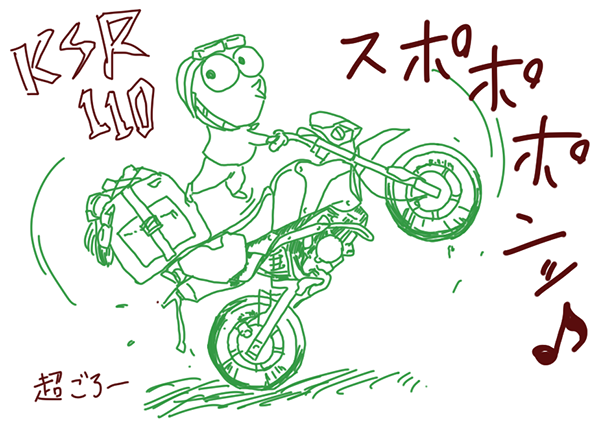中の人の邦画放談① 「この世界の片隅に」
*English translation below
はじめまして!
あまた(株)音響課のtomocarlと申します。
あまた映画部員です。
自分は、映画の中でもとくに邦画が好きなので、
邦画放談と題して連載執筆しようと思います!^o^/
では早速。
ちょっと前の話ですみませんが、年始に自身3度目の「この世界の片隅に」を観まして。
こちら2016年11月からの超ロングラン上映なので既にご覧になられた方も多いんじゃないかと。
<あらすじ>1944年(昭和19年)2月、18歳のすずは広島から軍港のある呉の北條家に嫁ぐ。戦時下、物資が徐々に不足する不自由さの中、すずは持ち前の性格で明るく日常を乗り切っていたが、翌年の空襲によって大切なものを失う。広島への原子爆弾投下、終戦。それでもすずは自分の居場所を呉と決め、生きていく。(Wikipediaより引用)
戦争の中での日常(が異常)を描いていて、
「徹底した時代考証がなされている」と、わが映画部員たちも絶賛です!
戦争題材ですから暗く悲しいシーンも多いのですが、
家族の在り様については前向きに書かれていて、
悲しい、悔しい、うれしい、いろんな涙がでる名画ですね。
コトリンゴさんの劇伴も素晴らしい!
あとですね、
ばけもん、ざしきわらし、ワニ、といったファンタジー演出が映画に奥行きを与えています。
ファンタジーは正義!(※個人の感想です)
劇中の、絵具のような空中爆煙シーンは、脳の中のファンタジーくらいはいつでも誰にも邪魔されず自由であれというメッセージなのかも??と思いました。
そしてなんと、この日は片渕監督と主演声優ののんさんの舞台挨拶もあったのですよ!
のんさん、ふつくしい!!
(撮影およびSNSオーケーとのことでしたので掲載。)
いやー、のんさん、ほんと見たままというか、
「あまちゃん」のアキちゃんみたいな方なんですね!
実は、いまさら年始の話をしたのは、
あまたブログを「あま」にあやかってスタートしたかったからでして。
自分っていう一人称も、あまちゃん起源です。
さて、次回は「羊の木」を予定しています。
吉田大八監督作品は大大大大大大大大好物であります!
(tomocarl)
AMATA Staff Talk Japanese Film, No. 1 -“In This Corner of the World”
Hi everybody!
I am tomocarl from the sound section of AMATA K.K.
I’m a part of the Film Club here at AMATA.
Out of all of the different types of films, I’m a fan of Japanese films in particular,
I’ve decided to start a series of blogs dedicated to Japanese Film! ^o^/
With that out of the way, let’s get started.
This is a story from about 2 months ago, but around the new year I went to see “In This Corner of the World“ for the 3rd time.
This is a film which had been playing for a lot longer than most, since November of 2016 in fact.
As a result, I suspect many readers have probably seen it themselves by this time, right?
<Summary>In February of 1944, 18 year-old Suzu marries into the Hojo-family, who live in the naval port town of Kure, Hiroshima. Even after the outbreak of war, when goods become more and more scarce, Suzu attempted to stay positive and cheerful, but the following year, she loses something very dear to her in the air raids. The atomic bomb is dropped on Hiroshima, and the war reaches its conclusion. Despite her experiences, Suzu decides that Kure is where she belongs, and goes on living.
(Translated from the Japanese Wikipedia entry)
The film depicts the (extraordinary) everyday life of people in wartime, and those of us at the Film Club also gave it very strong praise, saying that it was clear the film was made with “thorough historical research.”
Since it is a war film, there are many dark and sad scenes, but it also portrays an optimistic view of how a family can be, and is a masterpiece guaranteed to produce sad, painful, and happy tears alike.
Kotringo’s score for the film was also fantastic!
And also,
The Fantasy sequences like monsters, Zashiki-warashi (**A type of Japanese spirit), and crocodiles helped give depth to the film.
Fantasy is AWESOME! (*Just my personal opinion, though.)
I even thought the scene with paint-like fumes from the air raids might even be a kind of message encouraging people to let the fantasies in their head always be free?? Or something like that, anyway.
Also, if you can believe it, the day I went to see it, the film’s director, Katabuchi, and the lead voice actress, Non-san, came to give a few words!
Non-san is really stunning!
(They were all good with photos or posts on social media, so I’ll post it here.)
But seriously, I have to say Non-san was just like she is on TV exactly like Aki-chan on “Amachan”!
Actually, the whole reason I’m talking about a story from new year’s is because I wanted to kick things off with something AMA-related, to go along with the “AMA”TA Blog.
In Japanese the first-person pronoun “jibun” (literally “yourself”) is also something that originated with the TV show “Amachan”.
Well, for next time I’m thinking about “Hitsuji no Ki”.
I am a huge, huge, HUUUUUUUUUUUUGE fan of director Daihachi Yoshida’s work.
(tomocarl)



